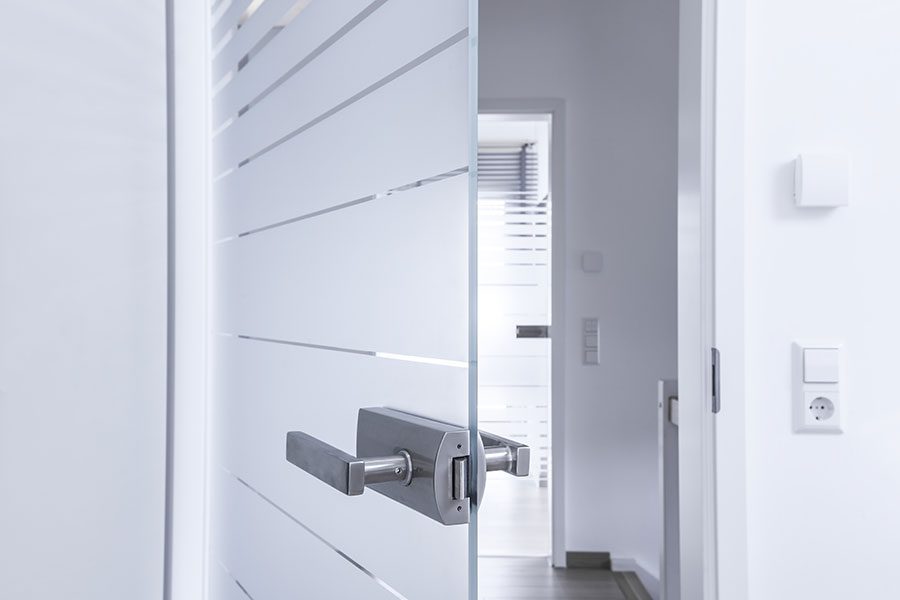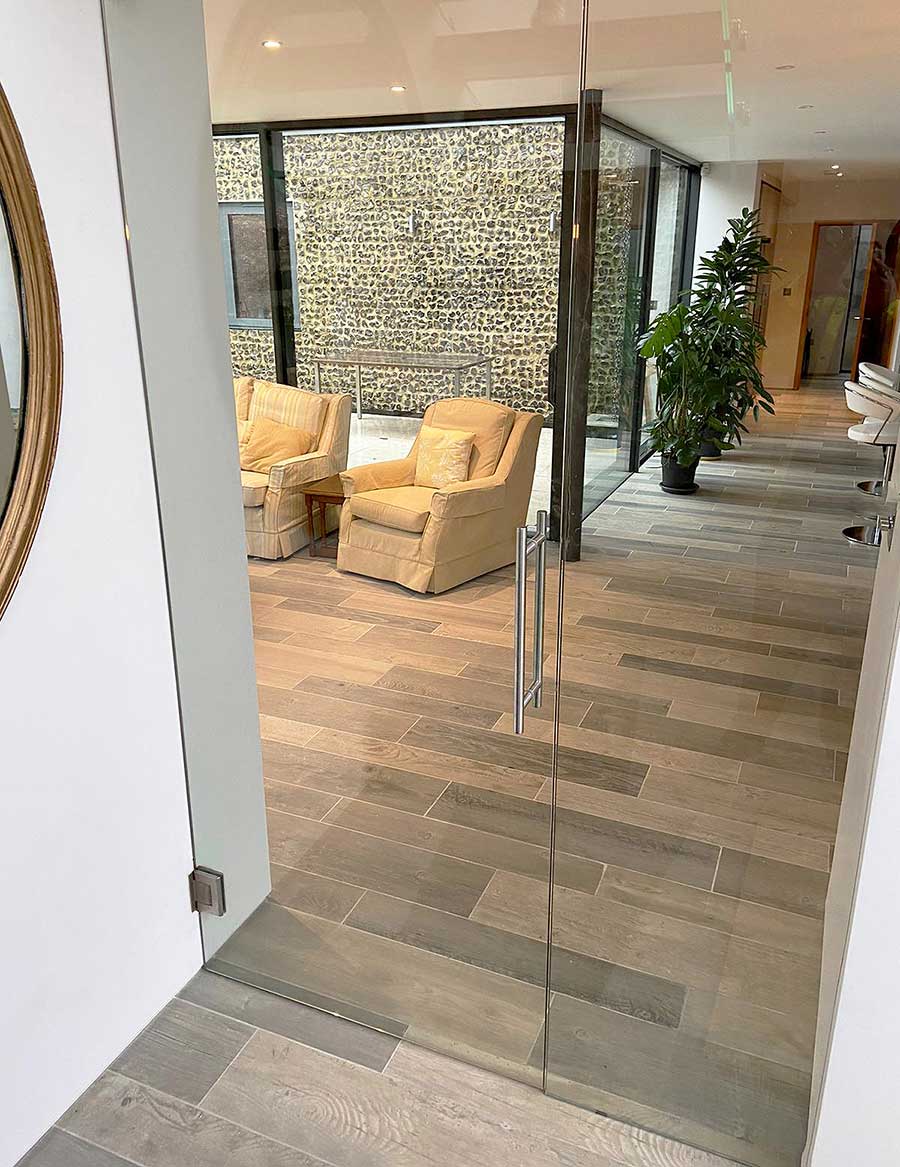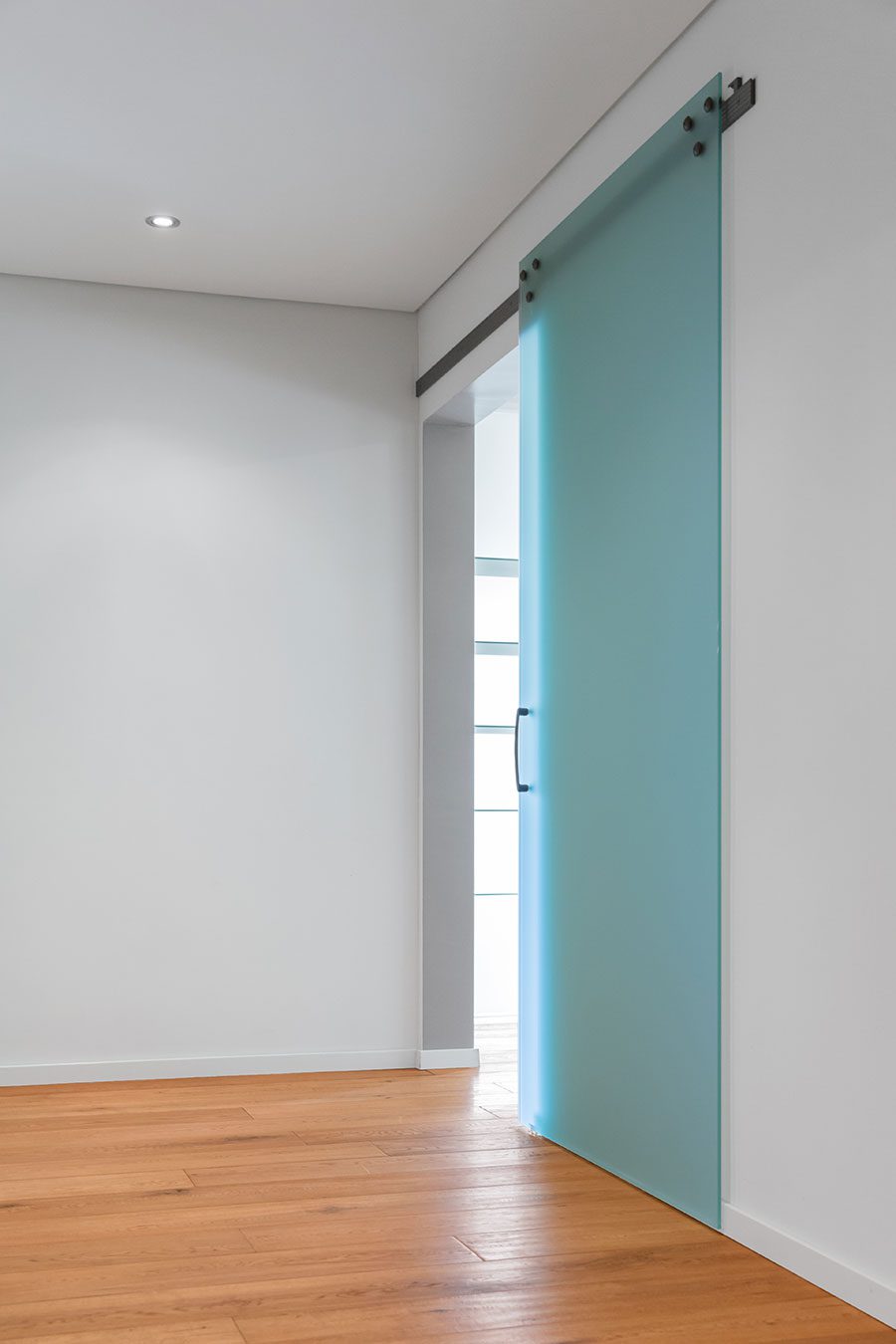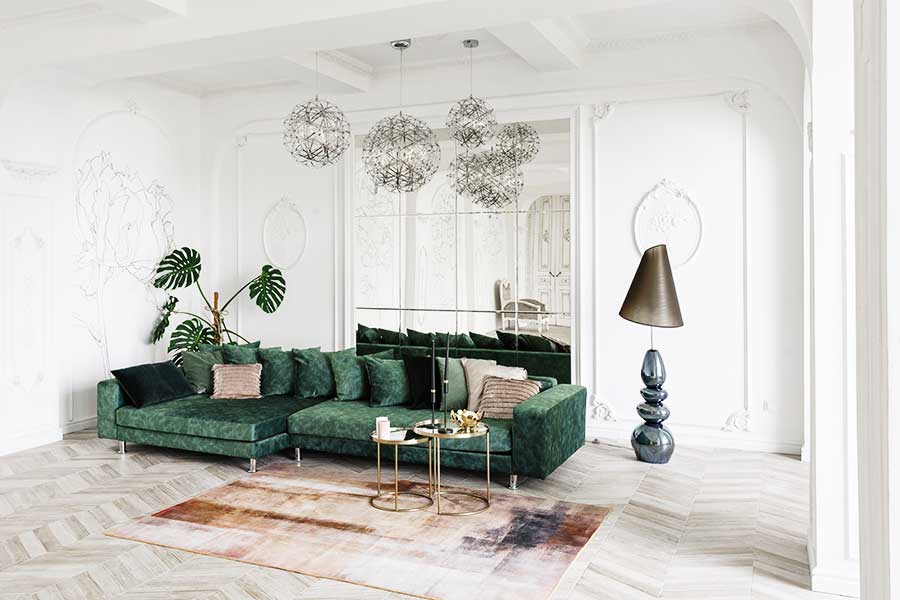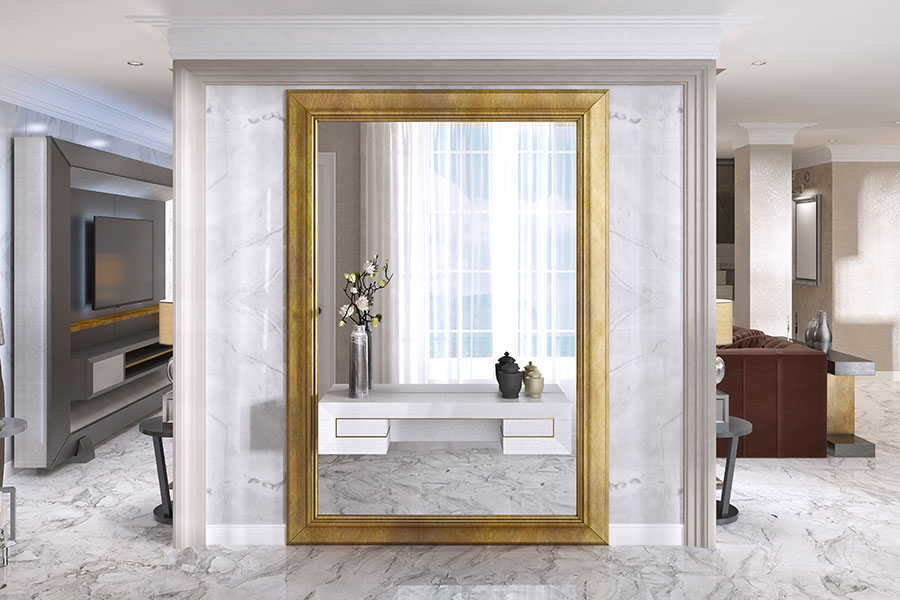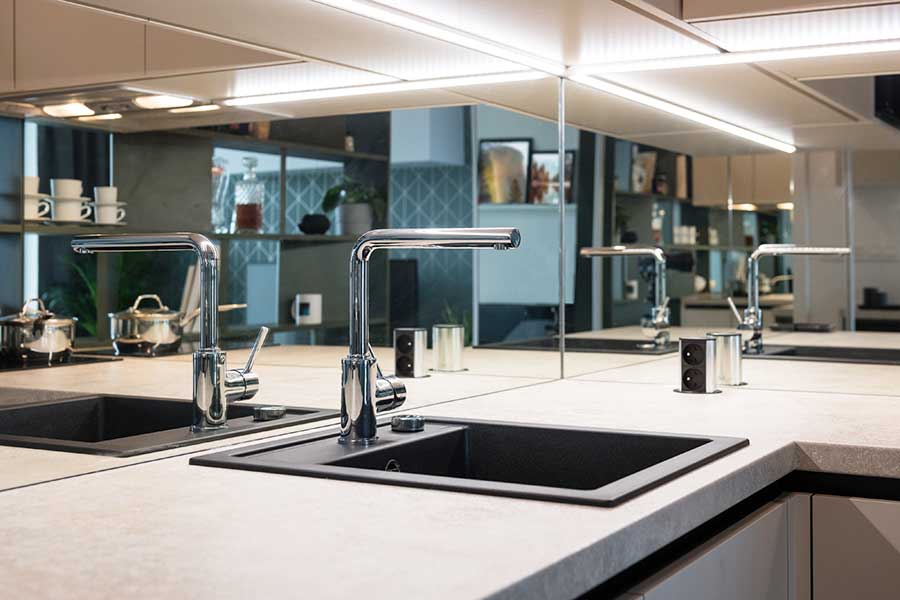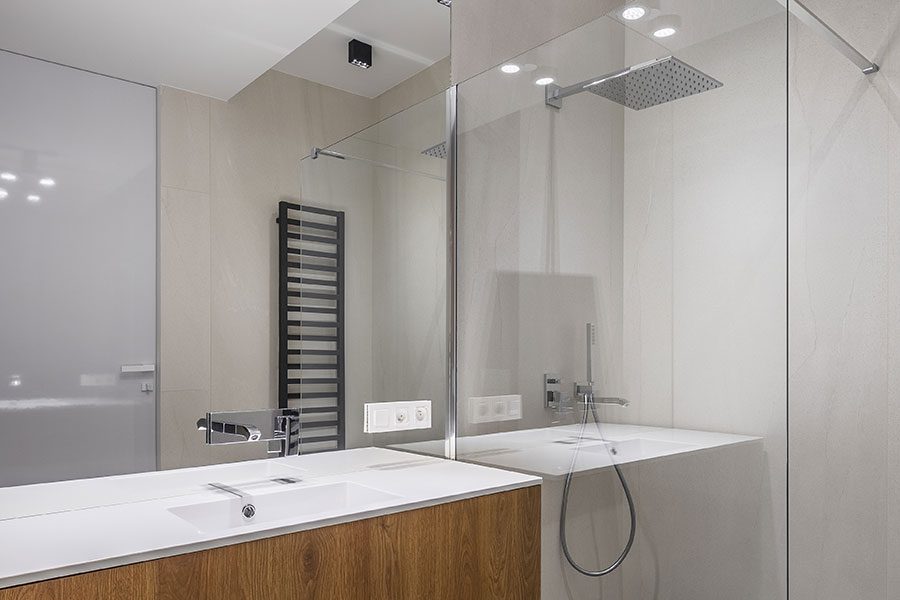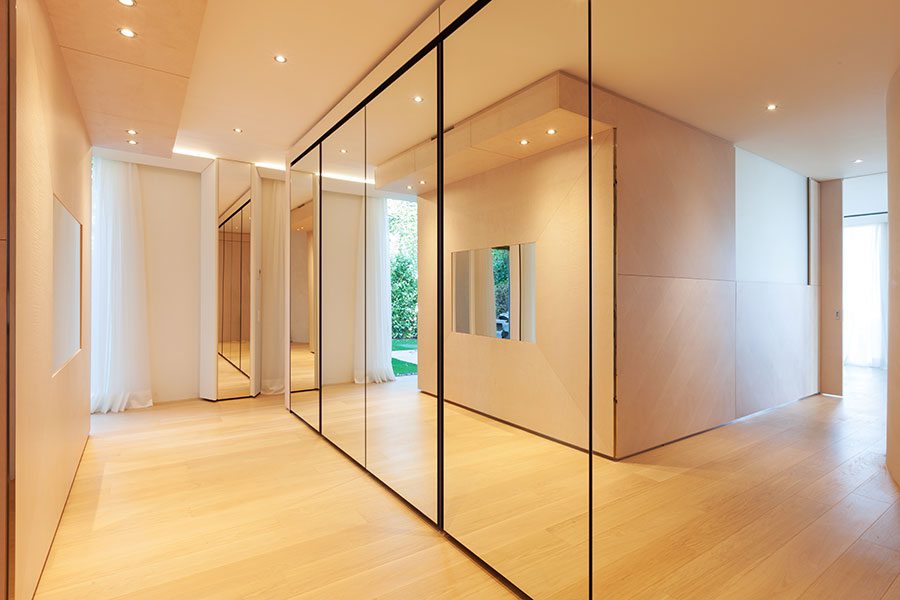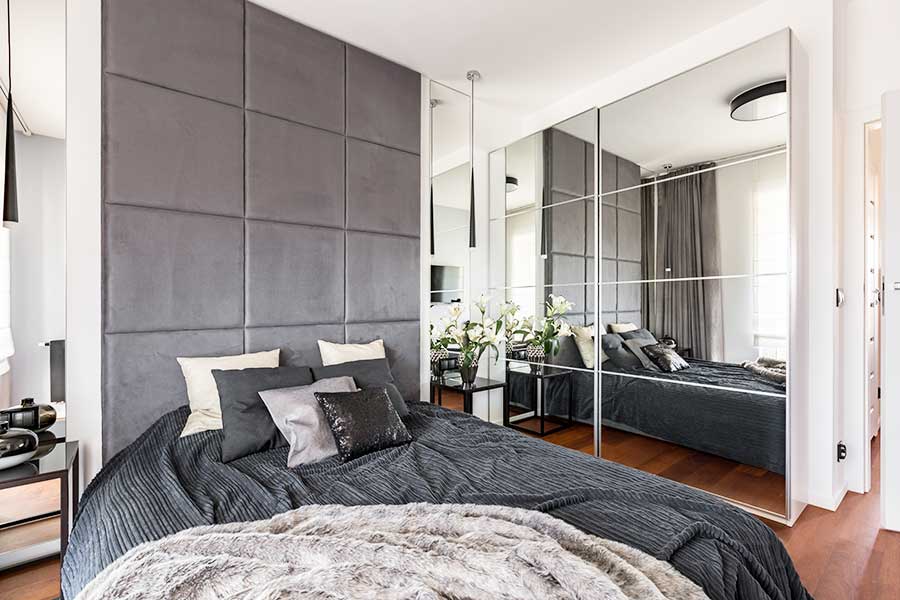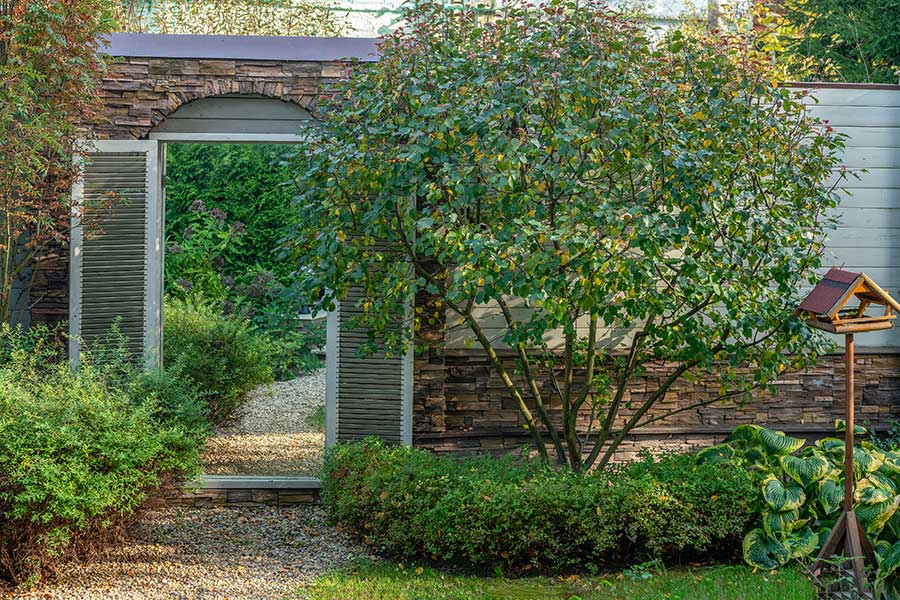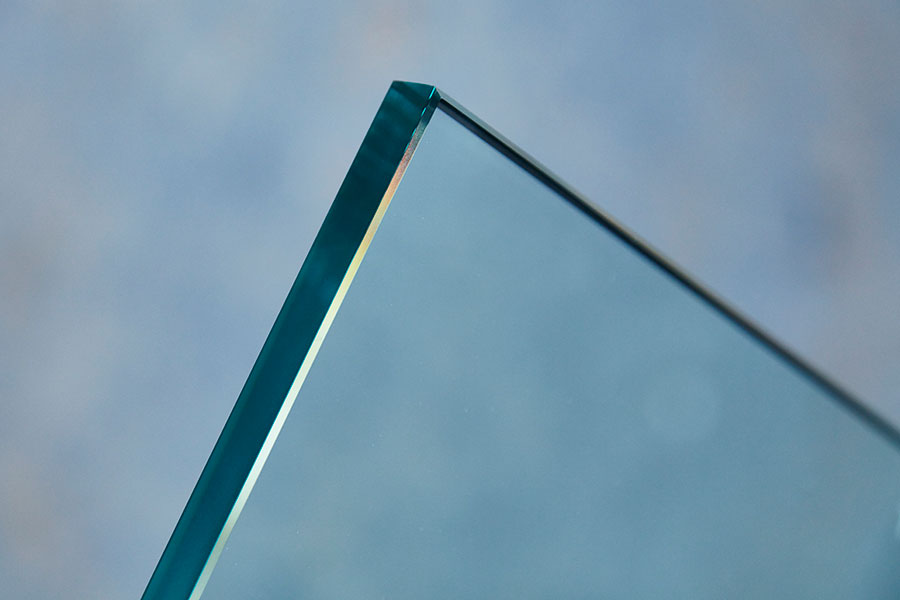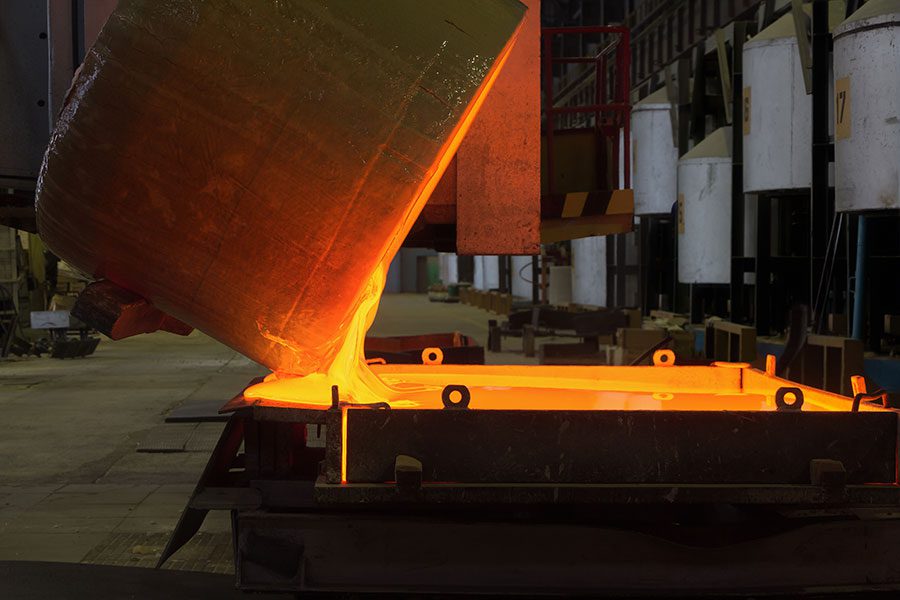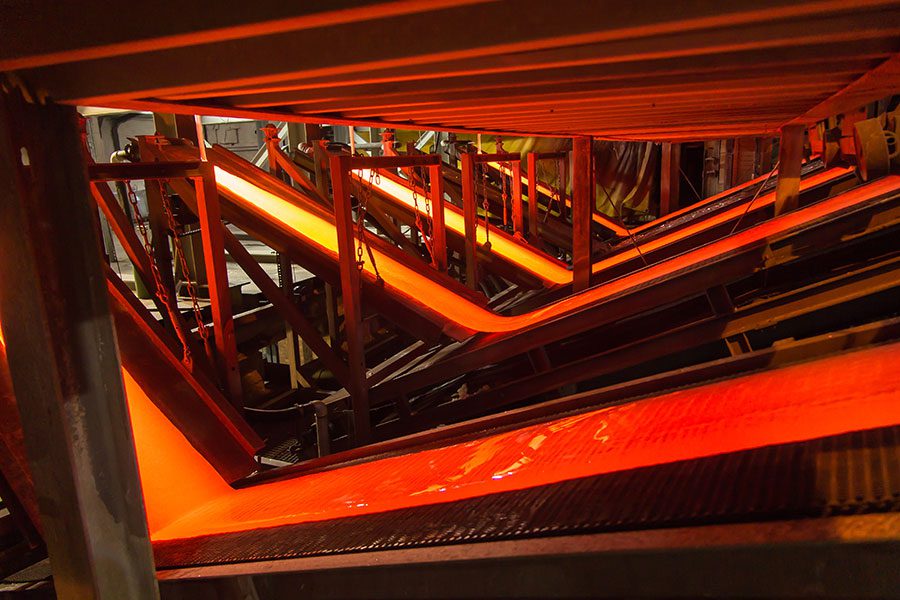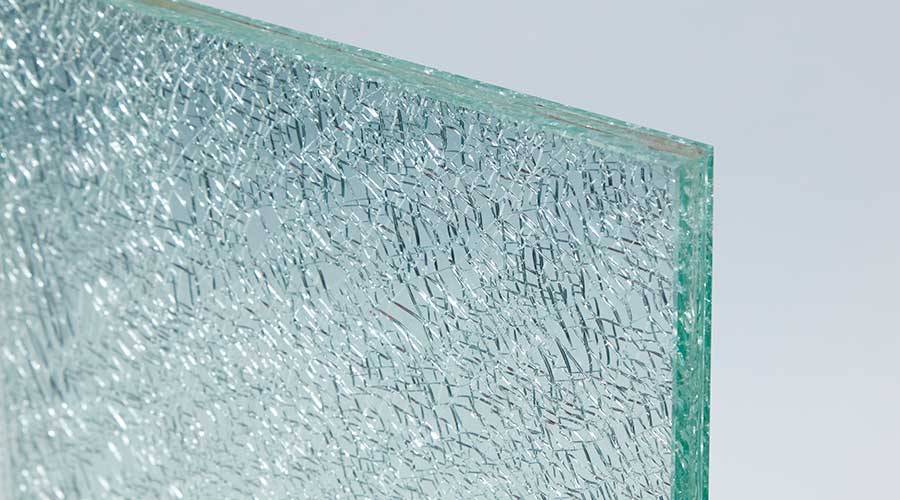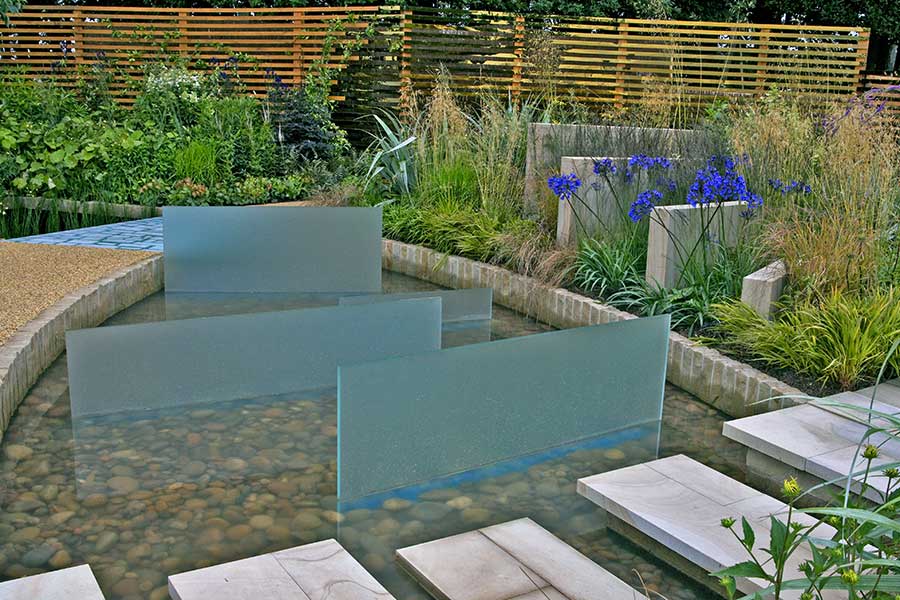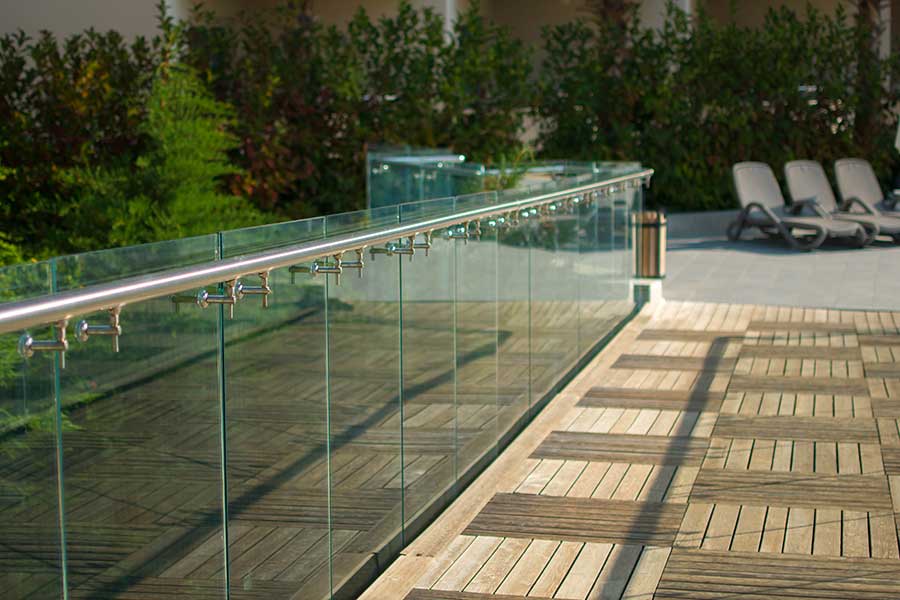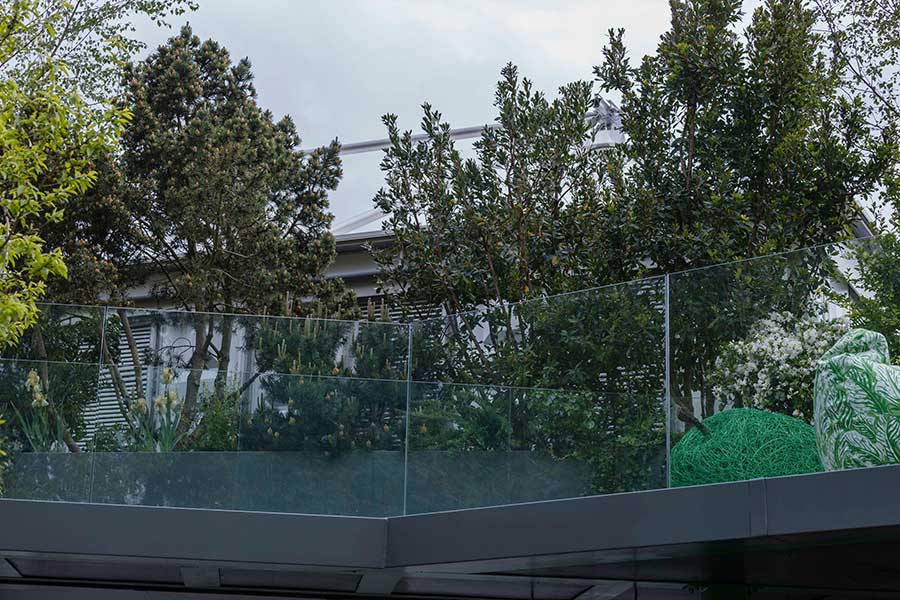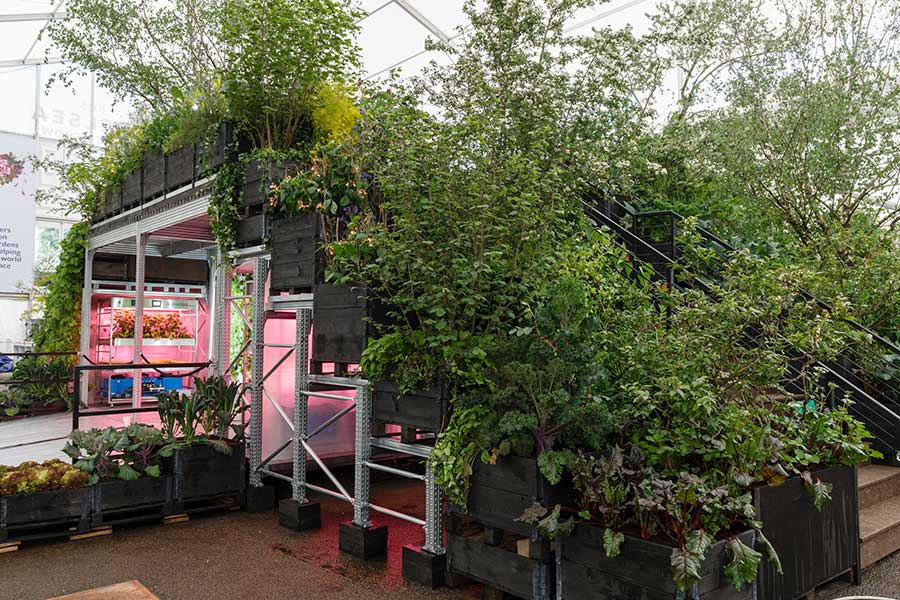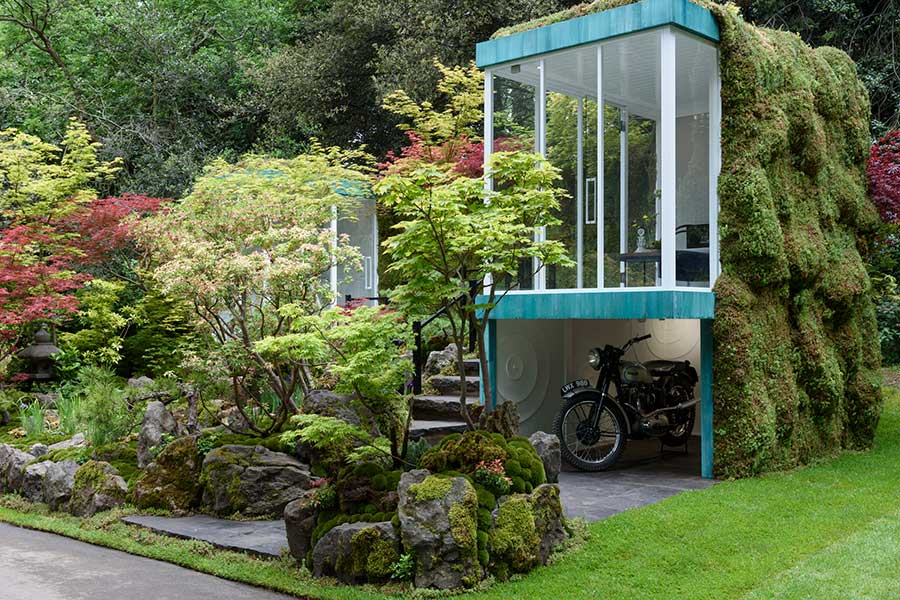Factory Expansion
abc Glass Factory Expansion Now Complete!
After six months of hard work, we’re thrilled to announce the highly anticipated expansion of our Portsmouth glass factory! The project, which began in July 2023, came about due to increased demand for our high-quality glass products. And following a 6-figure investment, we’ve now significantly increased our production capacity to better serve our clients. Read all about the changes we’ve made and the resulting benefits you can look forward to below.
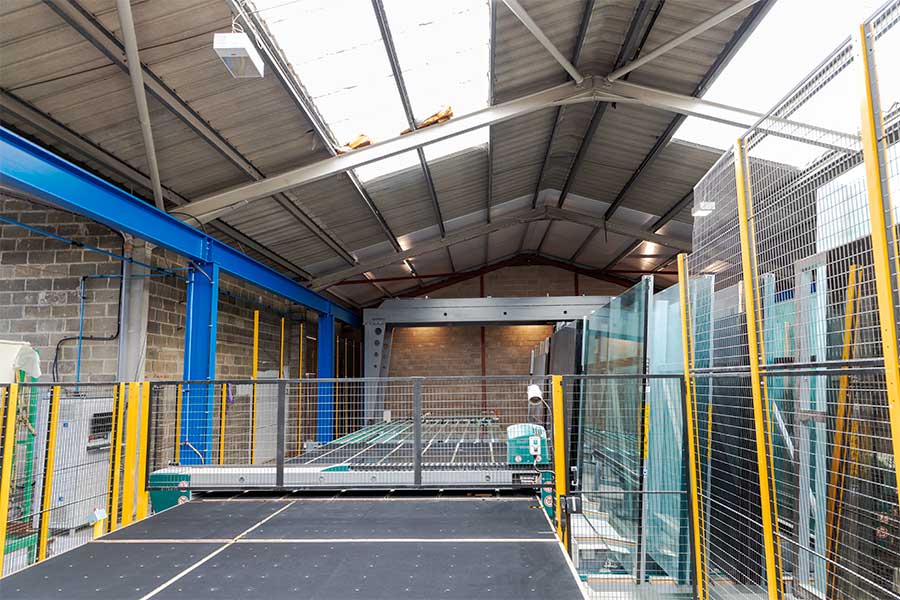
The decision to expand…
Since moving our glass manufacturing plant to Copnor in 2006, we have regularly processed over 5000m2 of glass a month. But as the business continued to grow, it became apparent that we needed to upgrade our facility. With that in mind, last year we decided to expand our existing factory to provide space for new machinery. Plus extra storage for glass stocks to introduce new types of glass, minimise the impact of supply chain issues (like in the aftermath of the pandemic), and provide great price stability for our customers.
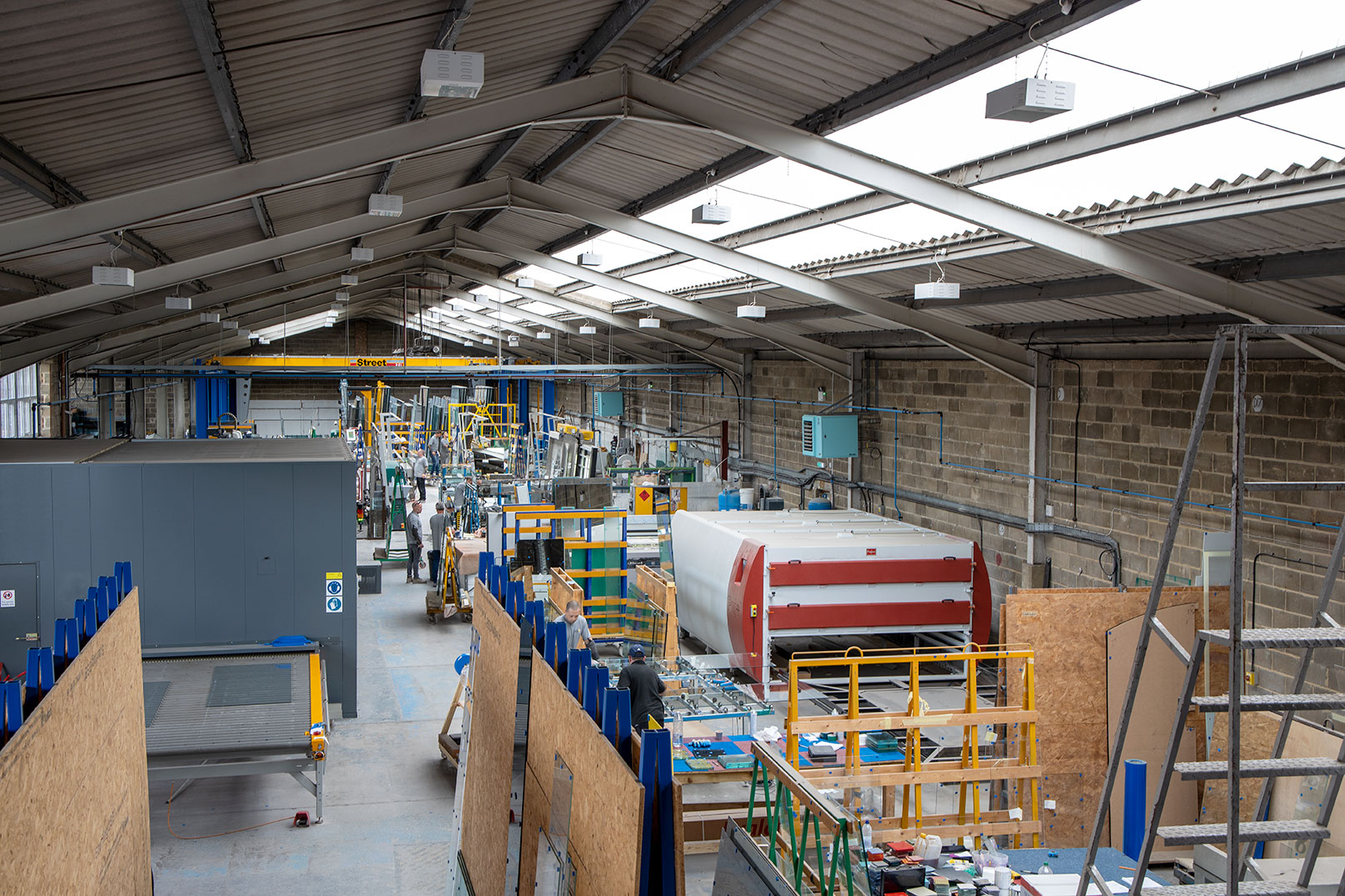
What has changed at the abc Glass factory?
The first stage of this extensive project involved expanding the length of the building by 7 metres. While this may not sound like a huge change, it has actually allowed us to double our glass storage area. In addition, it has created space for a second computer-controlled glass cutting table to increase our processing capacity. As a result, we can now take on more custom orders and work through them faster too.
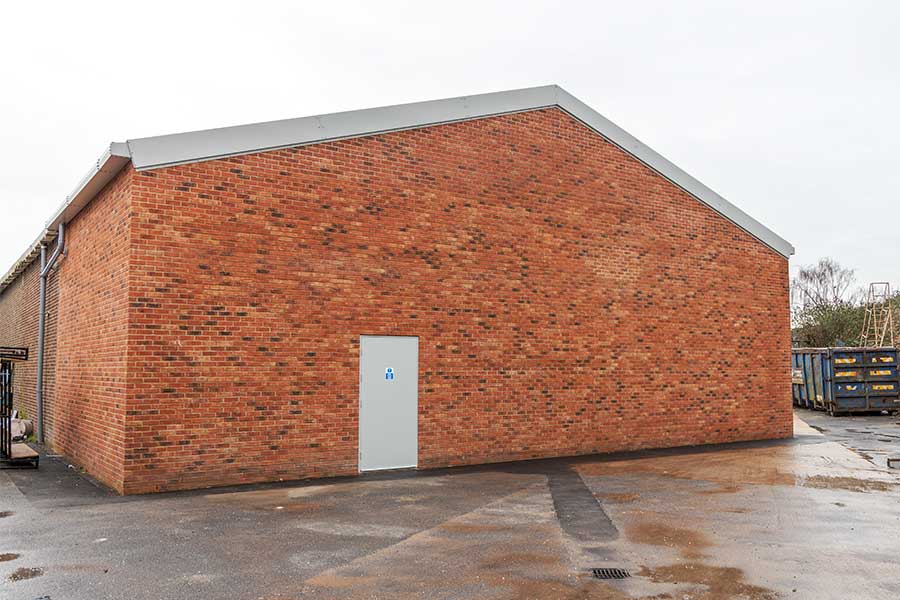
Then, during the Christmas period, we moved onto the fit-out and several internal changes. This included adapting our specially designed crane and automated high-level rail system to accommodate more sheets of glass, and expanding our automated glass cutting line. This enables us to stock more float glass in house and access it as and when needed, shortening overall lead times.
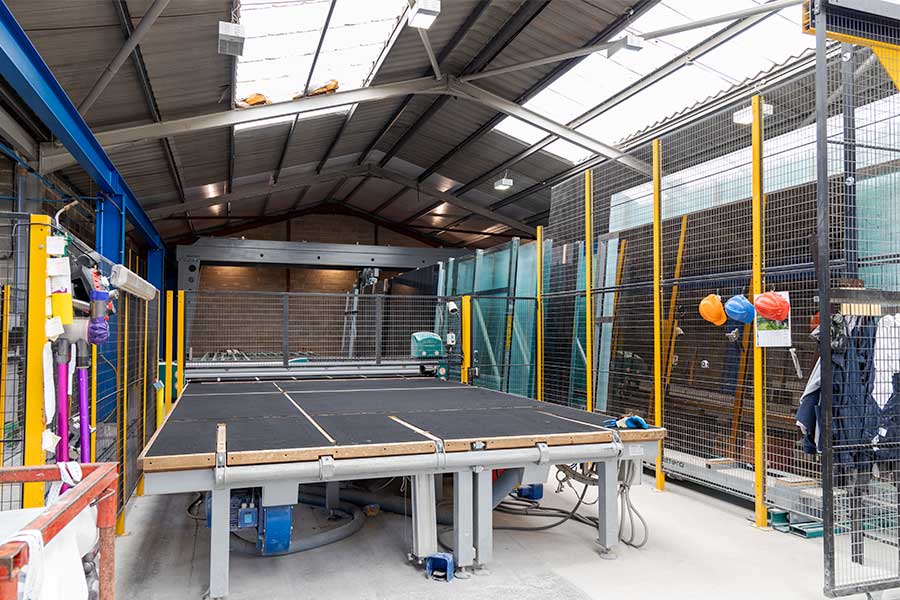
On top of that, this innovative system removes the need for manual handling until after the glass is cut and toughened. Instead, a computerised crane carefully moves it from the rack to the cutting table, eliminating the need for heavy lifting. This also helps to reduce breakages and keep our staff safe at work. See the process in action in our home page video.
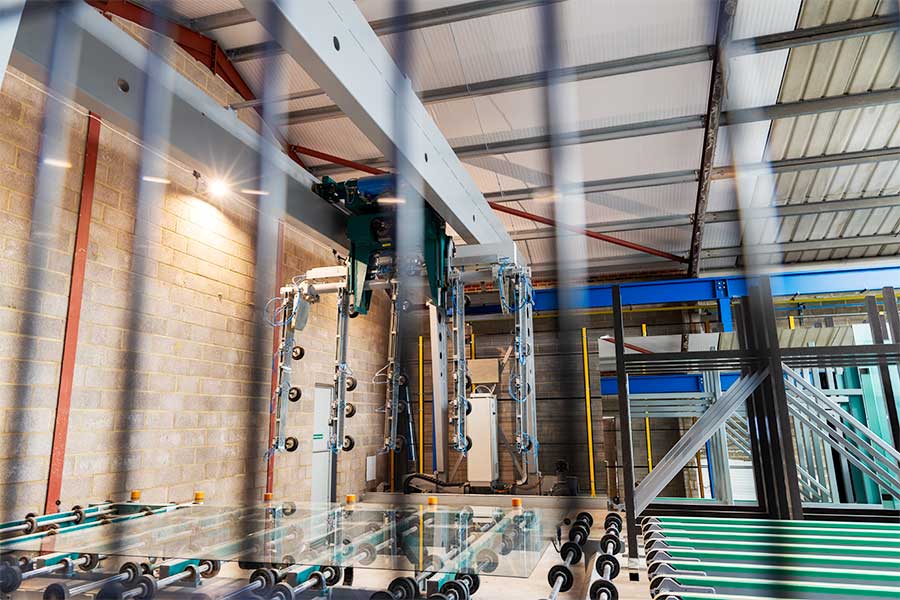
In addition, we’ll be installing a fourth state-of-the-art CNC cutting machine later this year. As such, we’ll be able to turnaround even more bespoke orders in record time. Think complex glass shapes with curved edges and sheets with precise drill holes or cut-outs for fittings. We can work with DXF files or to your own templates – it’s up to you!
How will our customers benefit from the expansion?
At a glance, here are the advantages you can look forward to as an abc Glass customer following our recent expansion:
- A greater variety of glass available and fewer ‘out of stock’ scenarios
- Shorter lead times for customers due to increased manufacturing capabilities
- More price stability / best rates (as we’re now able to buy float glass in even larger quantities)
This investment in our future growth and improved customer experience puts us at the forefront of glass processing in the UK. And if that wasn’t enough, we’ve also got more than 20 years of experience in supplying bespoke glass to customers throughout central southern England.
From toughened and laminated glass to balustrade glass and heat soak tested glass panels, we cover all bases. Browse our products and services online to learn more about what we have to offer. Then contact us to discuss your project and receive a free, no-obligation quote.
